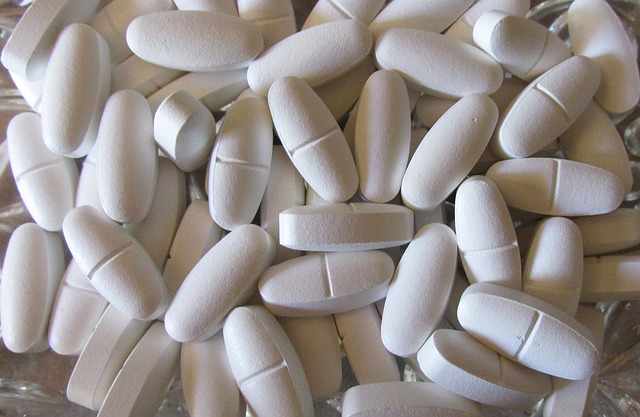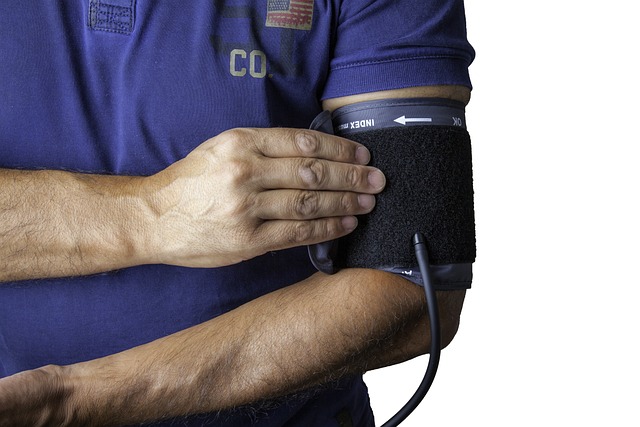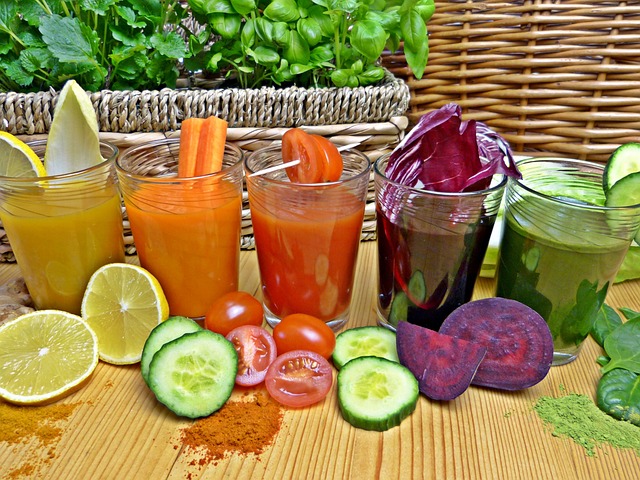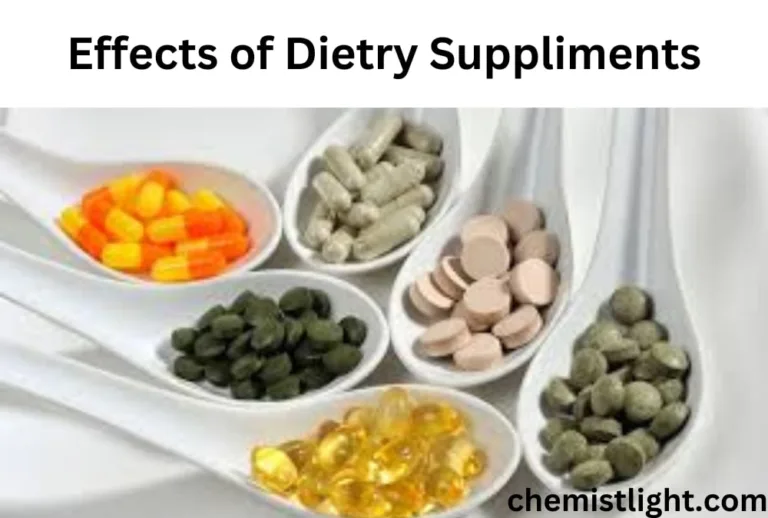What is the most important vitamin for your body? Sources & Uses

The most valued vitamin in the human organism is considered to be Vitamin D which takes an active part in several processes in the body being engaged in the process of absorption of calcium and phosphorus which are vital for the preservation of the sound condition of bones and teeth. Another nutrient required for proper bone health is the vitamin D, which is also essential in muscle movement, as well as in the body’s immune response and may reduce the risk of developing some kinds of cancer. So, In this blog we will discuss What is the most important vitamin for your body?
Importance of Vitamin D
Here are some important benefits of Vitamin D. We are sure that you will find What is the most important vitamin for your body?
1.Role of Vitamin D in Bone Health:
Calcium and phosphor are important nutrients that require Vitamin D to be absorbed and used for proper growth of bones and teeth. A deficiency can produce diseases such as osteoporosis in adults, rickets in children and impaired growth.
2. Role of Vitamin D in Immune System Support:
Discovering the adequate amount of vitamin D in the body can improve the immune response and consequently lessen the risk of infections and autoimmune disorders.
3. Role of Vitamin D in Muscle Function:
Vitamin D is involved in muscle mass and its functioning thus useful to reduce incidence of falls.
4. Role of Vitamin D in Mood Regulation:
There is also some indications that Vitamin D may also play a positive role in mood and consequently, may play a role in preventing depression.
5. Role of Vitamin D in Cardiovascular Health:
Although, he available studies suggest that adequate intake of vitamin D can reduce the risk of cardiological diseases and hypertension, but the nature of this association has not yet been determined.
6. Role of Vitamin D in Cancer Prevention:
Research conducted to show the effects of vitamin D on cancer shows that it has the potential to provide protection against some forms of the disease though this has not been proved scientifically.
7. Role of Vitamin D in Regulation of Inflammation:
Some remarks on preventive effect of vitamin D They possess anti-inflammatory effects and can be used in the treatment of chronic inflammation processes.
8. Role of Vitamin D in Respiratory Health:
Some of the proven ways on how vitamin D helps to prevent severe respiratory illnesses, the flu, and COVID-19 is by having enough of the vitamin.

9. Role of Vitamin D in Weight Management:
It is only still recommended that Vitamin D may assist in attaining weight loss. Although, perhaps a presumption of appetite control to aid in management of body weights. You can also use matcha tea for weight loss.
10. Overall Cellular Function: Role of Vitamin D in
Vitamin D is employed in operations of specific cell types in various sectors of the human anatomy. And is involved in every organ system’s functionality.
Sources of vitamin D
These points are indication of functions of vitamin D in enhancing human health and averting different diseases. Vitamin D is obtained through the skin from sun exposure and through foods including fats fish and other foods fortified with Vitamin D.
Here are the names of sources of vitamin D:Here are the names of sources of vitamin D:
1. Fatty Fish
- Salmon
- Rainbow Trout
- Herring
- Sardines
2. Egg Yolks
3. Fortified Foods
- Cow’s Milk
- Soy Milk
- Yogurt
- Cheese
- Fortified Orange Juice
4. Mushrooms Cremini UV Treated
List of vitamins, their sources ,uses
| Name of Vitamin | Sources | Deficiency Disease | Other Names |
| Vitamin A | Fish liver oil, carrots, milk, eggs, liver | Night blindness, xerophthalmia | Retinol |
| Vitamin B1 (Thiamine) | Yeast, milk, green vegetables, cereals | Beri-Beri | Thiamin |
| Vitamin B2 (Riboflavin) | Milk, egg white, liver, kidney | Slow growth, sore eyes | Riboflavin |
| Vitamin B3 (Niacin) | Meat, fish, eggs, cereals | Pellagra | Niacinamide |
| Vitamin B6 (Pyridoxine) | Yeast, milk, egg yolk, cereals, legumes | Anemia, skin disorders | Pyridoxal |
| Vitamin B12 | Meat, fish, eggs, dairy | Pernicious anemia | Cyanocobalamin |
| Vitamin C (Ascorbic acid) | Citrus fruits, Amla, green leafy vegetables | Scurvy | Ascorbate |
| Vitamin D | Sunlight, fish, egg yolk, fortified foods | Rickets, osteomalacia | Calciferol |
| Vitamin E | Vegetable oils, nuts, seeds, green vegetables | Hemolysis, heart problems | Tocopherol |
| Vitamin K | Green leafy vegetables, fish, liver | Hemorrhage | Phylloquinone |
| Vitamin B12 | Meat, fish, eggs, dairy | Pernicious anemia | Cyanocobalamin |






